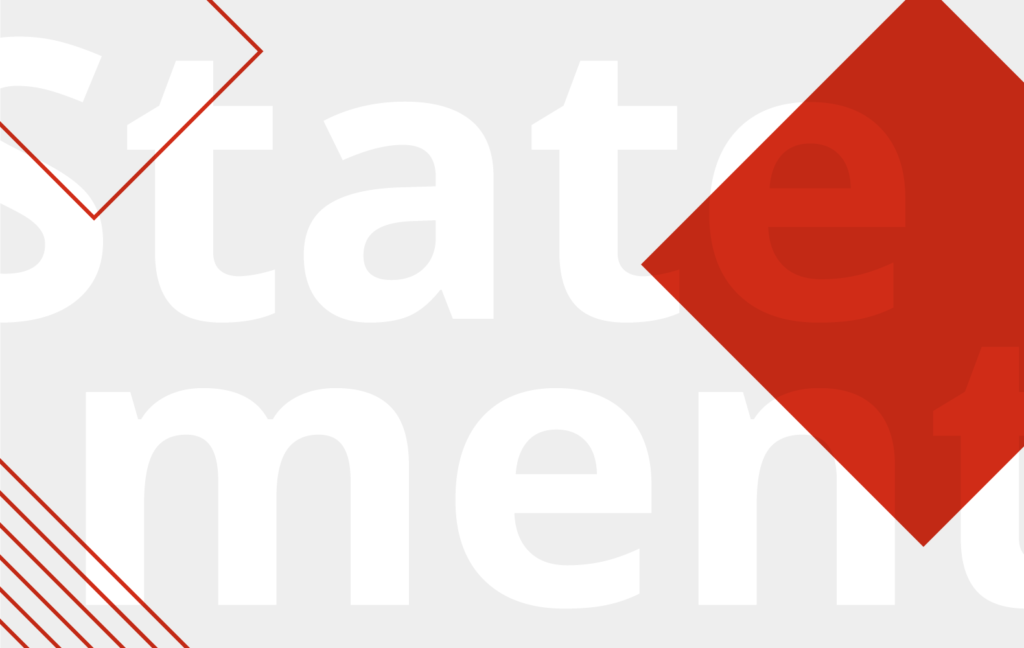21 September 2022 – Both in the US and Germany, public bodies have recently reinforced the importance of making scientific results openly available and ensuring the quality of research publications.
On 25 August 2022, the White House Office of Science and Technology Policy (OSTP) issued a memorandum “Ensuring free, immediate, and equitable access to federally funded research”. EMBO was part of the consultations that led to the OSTP directive. The long-expected memorandum requires US federal funding bodies to implement policies (by 2026) making all taxpayer-funded, published research results and their underlying data freely available without embargo. The memorandum also aims at establishing transparent procedures that ensure scientific and research integrity is maintained in public access policies.
Almost simultaneously, a recently published binding decision by the German Federal Financial Court formally recognizes that scientific editing, the peer review process and the associated Open Access publication of research papers fosters science and is therefore of public interest. This landmark decision by the highest German legal institution for fiscal issues applies to any scientific field. It is thus of major relevance not only to not-for-profit publishers, but also to the scientific communities that benefit from the work of scientific editors and Open Access publications.
Taken together, the statements by public bodies in two of the world’s leading scientific nations reinforce the importance of making research results openly available, as well as the quality assurance provided by a peer review process overseen by scientific editors. EMBO welcomes the OSTP memorandum as well as the court ruling. Together with many related initiatives in Europe and across the world, they send a strong signal that the time is ripe for full adoption of Open Science in all research domains.
All EMBO Press journals already meet the requirements of the OSTP directive. With the launch of its first Open Access journal in 2005, implementation of transparent editorial processes in 2009, and deposition of source data underlying papers in 2010, EMBO Press has spearheaded the move towards reform of scholarly publishing. These innovations were driven by the goal of advancing science, accelerating discovery, and supporting the scientific community. The SourceData initiative developed by the EMBO Open Science implementation group, and the source data links from papers published in EMBO Press journals help authors fulfil data sharing mandates with minimal additional effort on their part.
Regarding the German court verdict, an EMBO subsidiary had legally challenged a fiscal authority decision not to admit scientific editing as an activity covered by the statutory goal of “fostering science”, leading to a denial of the organization’s non-profit status. This challenge ultimately led to the verdict of the Federal Financial Court. Taken together, the recent statements by public authorities in two of the world’s largest science-producing nations pave the way for more Open Science. The adoption of the OSTP directive will significantly contribute to lowering the barrier to its general implementation. It parallels the EMBO long-term strategy of promoting and integrating the practice of Open Science in scientific publishing. At the same time, the ruling of the German Federal Financial Court reinforces the importance of a peer review and publication process that ensures the high quality and integrity of scientific publications.



